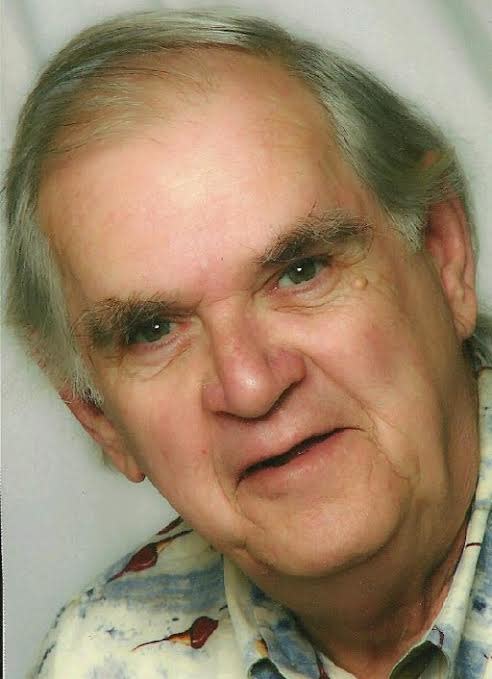Favoritism and the City of Lincoln Civil Service Commission
Patronage – the practice of handing out government jobs based on political affiliation and favors – used to be a way of life in Illinois government, all the way from the Statehouse to county dog catchers.
Over the years, courts have outlawed the practice, but it’s definitely not been eliminated. For evidence, read up on Chicago Democrat icon Michael Madigan and allegations involving his office as longtime Illinois Speaker of the House and the giant utility company, Commonwealth Edison.
I recall when patronage was a way of life right here in Logan County. Back in the day, job seekers wanting to get on the state payroll would be wise to visit a certain political figure to bolster their success. That success, of course, was based largely on the outcome of those face-to-face meetings. The tricks involved getting commitments to walk wards boosting candidates to purchasing tickets to political fundraisers or making outright donations to certain candidates or the kingpin’s party. Those games were played out on an almost daily basis, right in our backyard.
In response to multiple allegations of corruption involving political hirings in most corners of Illinois, most local governments eventually formed civil service commissions to remove the sleaze from the practice of filling payrolls.
According to the City of Lincoln’s code book, the city council formed its own civil service commission in 1975. The three-member commission, appointed by the mayor, can contain no more than two members of the same political party. It has two main functions: To set up and conduct testing for city jobs and then, to compile a hiring list based on the scores applicants made on those tests.
Hiring for city street department positions and for openings in the city clerk’s office, is done according to those eligibility lists. The better the test score, the higher an applicant is placed on the list. It makes no difference if an applicant is a Democrat, Republican, or even a communist. Religion, sex and race do not come into play. Only the test scores count.
Applicants must score at least 70 percent in the testing process to make the hiring lists, and the city is required to hire from those lists when filling staff vacancies. All candidates must also pass background checks before being hired. It seems to be a decent system and one that has worked well and been controversy-free over the years.
But now, the Lincoln City Council wants to abolish it. Earlier this month, aldermen voted to take the first step to do so in what is somewhat of a complicated process.
Bottom line, the last step in that process involves placing the question on the ballot of a city election. So, ultimately it would be up to voters of the city to decide whether to get rid of the commission and with it, the civil service way of hiring city workers.
A media account of that meeting offered a reason for going down the path of a major change in the way the city hires its employees. Reportedly, street superintendent Walt Landers made remarks to Alderman Kevin Bateman that the current system of hiring off an eligibility list doesn’t always work to the city’s advantage.
The top applicant on the list may have passed the tests with flying colors, but still may lack certain skills the city departments need to get their jobs done, Landers reportedly told Bateman.
I understand what Landers is saying. If he needs a welder and the No. 1 applicant doesn’t weld, what does he do?
Perhaps the scope of the civil service commission needs to be broadened instead of totally eliminated. Maybe the panel needs to create additional testing, say in this particular case, one to determine welding skills. Landers may have to change his job classification to get what he wants, but it might be better than not having the commission to compile lists of capable workers.
More: City council discusses helping tourism festivals with ARPA funds
In case the commission is ultimately eliminated, what’s the city council propose to do in hiring new workers? That didn’t seem to come up at the recent council discussion.
City Attorney John Hoblit said aldermen would need to establish an alternate hiring plan that still included testing and a qualified hiring list. He said the test grading system should continue the current practice of giving additional points to for veterans of military service. Along those same lines, Alderman Rick Hoefle said the city would have to conduct its future hiring practices with an emphasis that no favoritism (translated: patronage) is involved.

Well, in response to Hoblit’s admonition, Lincoln already has an independent panel to conduct testing and compiling a hiring list. And to Alderman Hoefle’s comments, I have to say, in 40-plus years I have covered Lincoln City Hall as a news reporter, I have never heard any allegations of favoritism on the part of the civil service commission.
I would bet that if and when the city council takes over the testing and hiring process, before the first year is out, cries of favoritism will be loudly heard. Is this the hell-fire the city council really wants to wade through? Is this what the city really needs?
Dan Tackett is a retired managing editor of The Courier. He can be reached at dtackett@gmail.com.
This article originally appeared on Lincoln Courier: Aldermen voted to take the first step to abolish the commission.
